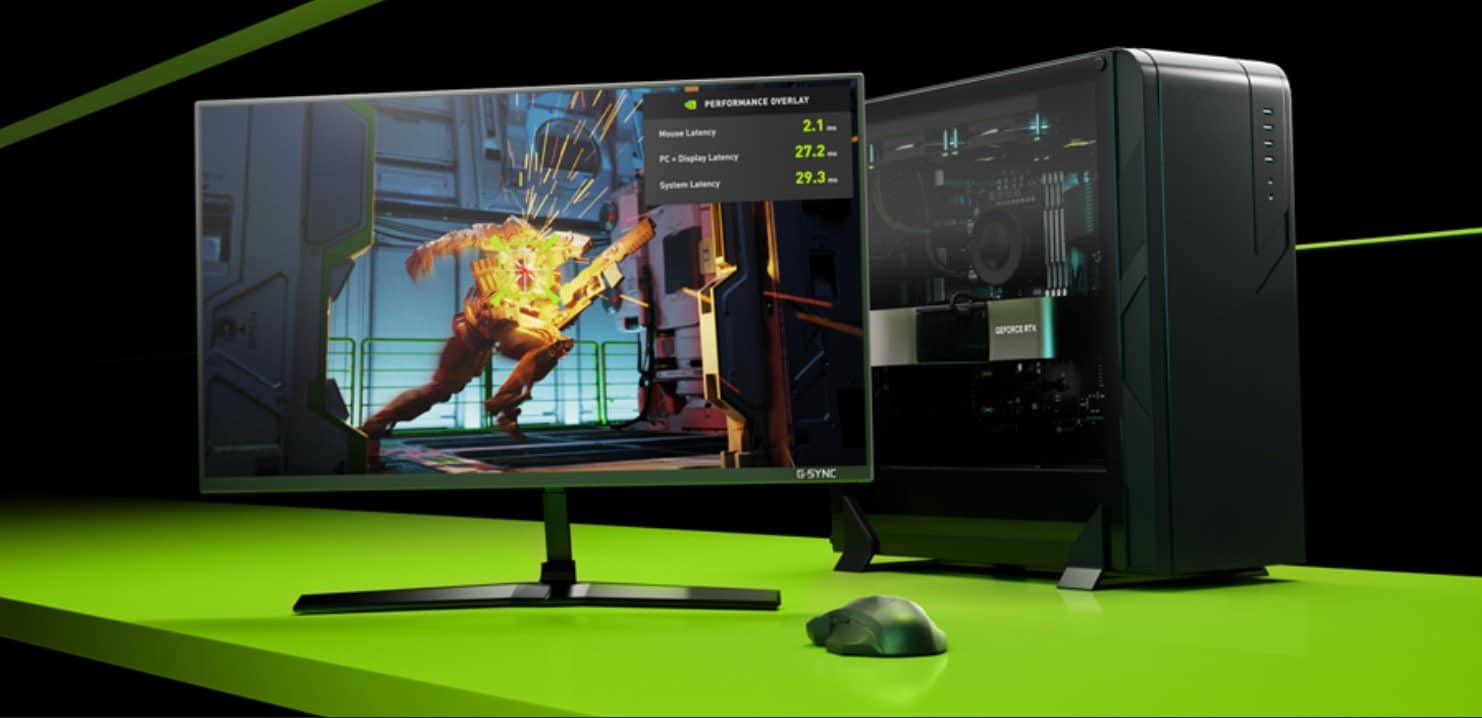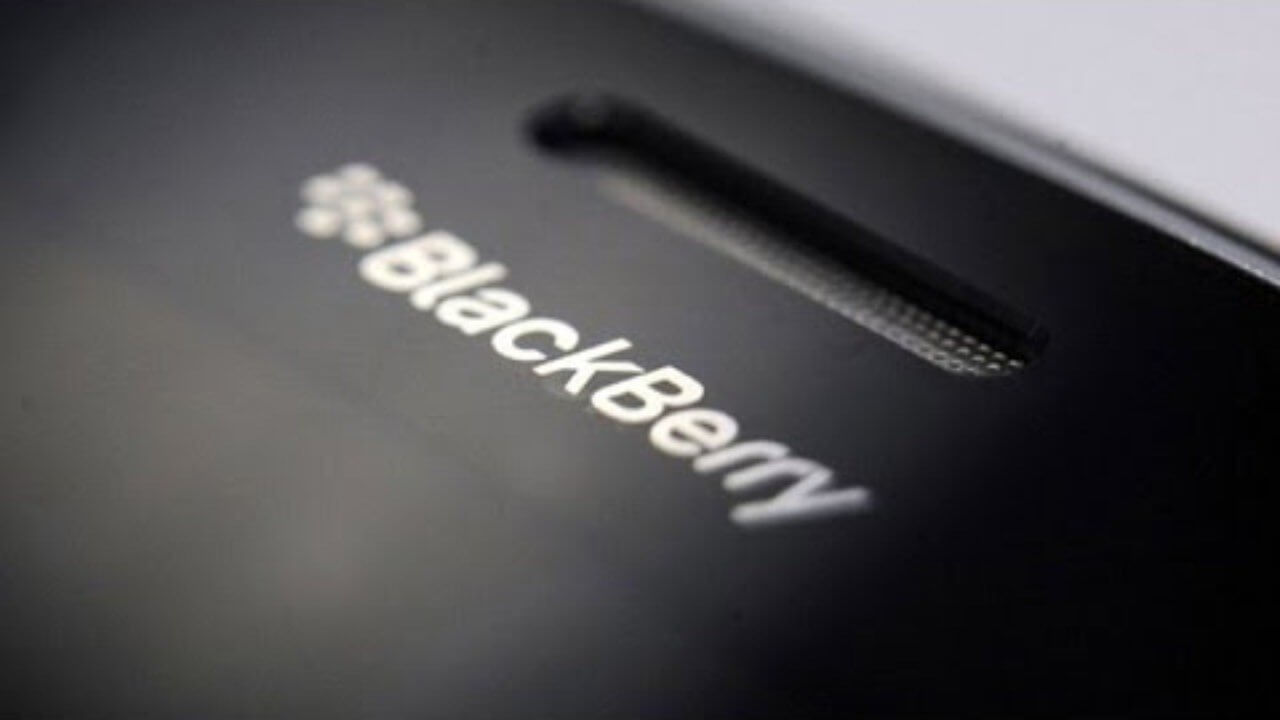Qualcomm says chip shortage will continue until end of 2021
Qualcomm estimates that the chip shortage will continue until the end of 2021. According to the American founder, this significant shortage of components has an impact on all electronic products, including smartphones. For Qualcomm, the situation greatly affects the mobile phone market.
During a long interview with our colleagues from Cnet, Cristiano Amon, new CEO of Qualcomm, spoke of the shortage of components that hits the whole industry. “If you asked me, ‘What keeps me from sleeping at night?’ right now, I would answer you that this supply chain crisis that we are going through in the semiconductor industry ” says Cristiano Amon, visibly worried.
The Qualcomm executive attributes the shortage of components to the high demand for consumer electronics products. Successive containment measures were indeed accompanied byincreased demand for TVs, PCs and video game consoles. In 2020, television sales increased by 10% in France, against 13% worldwide.
On the same topic: PS5, Xbox Series X – Joe Biden launches investigation into component shortages
Semiconductor makers weren’t ready for exploding demand for chips
“All of this is causing a lot of stress as the supply chain was not ready to cope with the growth in demand” says Cristiano Amon. Semiconductor supply chains have indeed accumulated a lot of delay with the coronavirus crisis. Several production lines have been on standby for weeks. Cristiano Amon describes the surge in demand in recent months as a “V-shaped recovery” : a huge drop in purchases when the confinements were announced, followed by a meteoric return in demand. Unfortunately, semiconductor manufacturers have not been able to meet demand due to health standards against Covid-19.
The president of Qualcomm also points the finger the collapse of Huawei phone sales. Deprived of an Android license, the Chinese manufacturer has been relegated to 7th place in the world market. In this context, Cristiano Amon believes that many manufacturers have accelerated the development of their own smartphones in order to take advantage of the situation. This increased production of phones, intended to fill the vacuum left by Huawei, has helped to overload chip production plants. Forbidden to collaborate with its usual suppliers, Huawei also participated in the worsening of the shortage by massively stocking 5G chips between May 2019 and September 2020. This survival strategy put pressure on the supply chain.
Chip Shortage Affects Smartphone Market, Qualcomm Warns
Ultimately, “We have an incredible supply chain crisis”, regrets the Brazilian businessman. Without surprise, this chip shortage greatly affects the smartphone market. Shortage “Has an impact on everything, and of course, it has an impact on phones”.
It is not a surprise. A few days ago, Xiaomi and Realme announced that they had encountered a shortage of Qualcomm chips. Faced with this chronic out of stock, Xiaomi fears having to upset its phone release schedule. It is rumored that some smartphones will be postponed while some models will be sold in limited quantities. Finally, Cristiano Amon believes that the shortage of components will continue until the end of the current year. “This will improve as we get to the end of 2021” notes the head of Qualcomm. We will therefore have to wait until 2022 for the situation to stabilize.
“The importance of this shortage is to attract attention and ensure that we have a robust supply chain and that investments are made in a number of technologies” continues Cristiano Amon, evoking the Joe Biden’s promises. The American president has pledged to invest billions of dollars to build chip production plants in the United States. For the boss of Qualcomm, the plan of Joe Biden will not allow to end the shortage which paralyzes the sector. It takes more than a year to develop a new production line. By then, the major players in the industry will have succeeded in increasing their production capacity.
Source: Cnet


